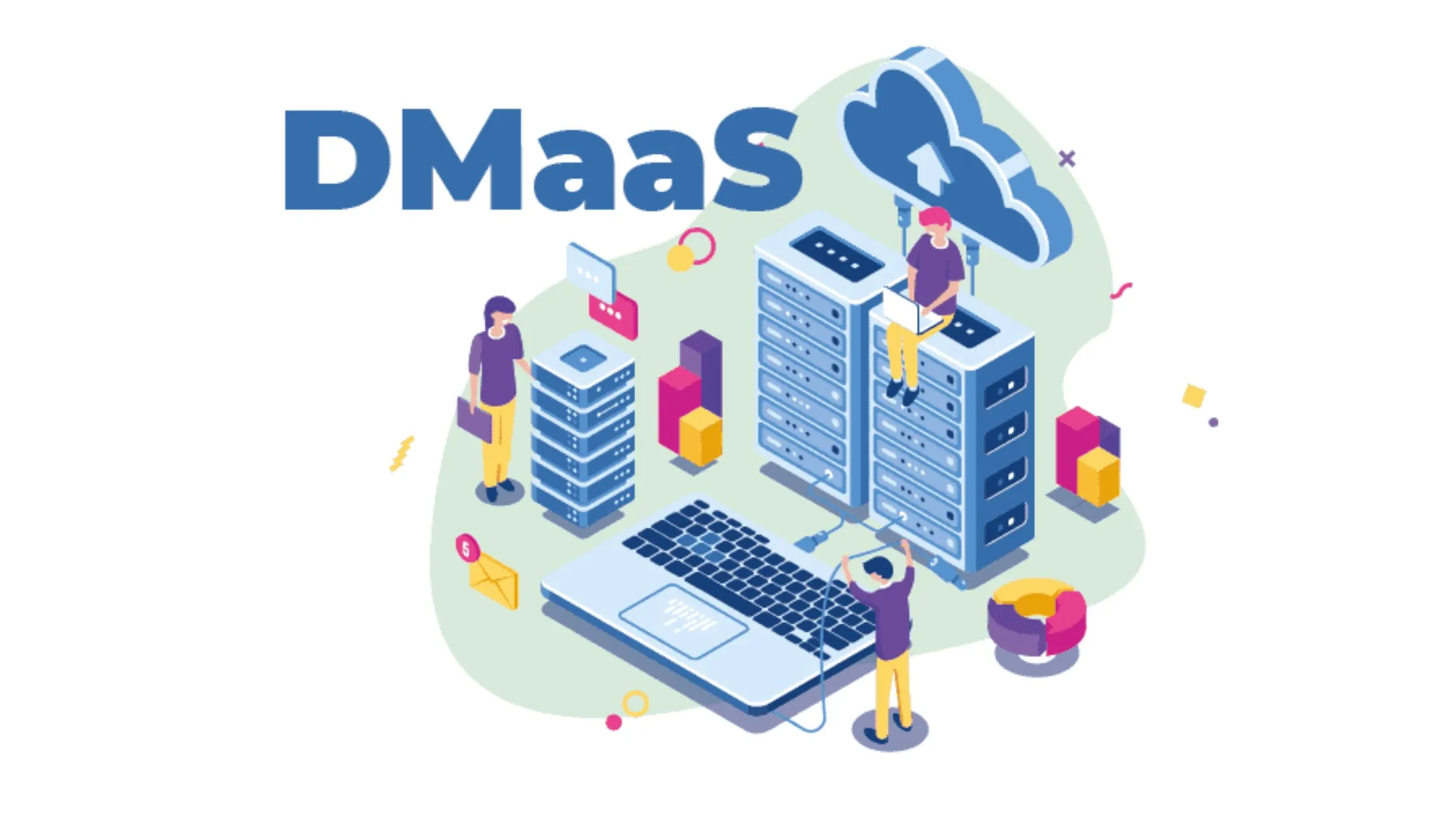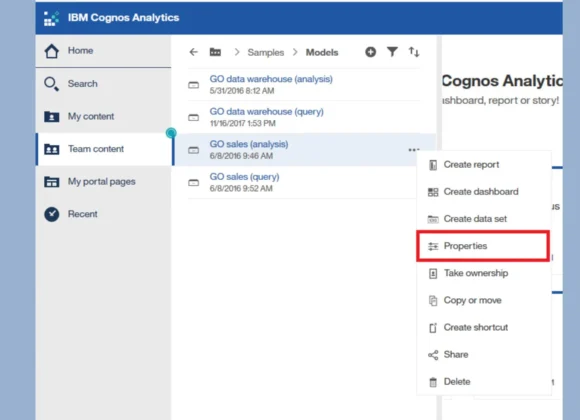The application of computer in pharmacy has transformed the industry, changing how pharmaceuticals are controlled and administered. Pharmacy management systems automate activities, keep correct patient data, and optimize inventories. Technology also combats errors through barcode scanning and dose calculation software. Computers are influencing a future of better patient care, efficiency, and medication safety, from drug distribution robots to telepharmacy consultations.
Evolution of Computers in Pharmacy
The application of computer in pharmacy began modestly, in the beginning, they were employed for simple tasks such as accountancy. However, as technology advanced, computers became a very useful tool for chemists. The 1970s saw the advent of drug databases, which provided fast access to critical information. The 1980s introduced user-friendly personal computers, allowing chemists to incorporate technology into their daily routine. Computers are now crucial to modern pharmacies, helping to manage inventory and ensure pharmaceutical safety through automation and smart software.
Pharmacy Information Systems

The application of computer in pharmacy includes Pharmacy Information Systems (PIS) are the digital foundation of modern pharmacies. Consider them a one-stop shop for all of your medical needs. A PIS securely handles patient data, including medication history, allergies, and interactions. It also improves prescriptions by automating refills, processing, and insurance claims. PIS simplifies inventory control by tracking stock levels and automatically producing reorders to avoid stockouts. Overall, PIS allows chemists to focus on what is most important: providing you with personalized treatment and competent guidance.
Electronic Health Records (EHR)
Electronic Health Records (EHRs) are a treasure trove of patient information that may be accessed via computers in pharmacies. These systems keep a comprehensive record of a patient’s health, prescriptions, and lab results. For chemists, EHRs are game changers. They provide real-time access to this critical data, allowing them to:
– This aids in identifying potential interactions or avoiding prescribing medications that are not appropriate for a patient’s pre-existing diseases.
– EHRs make drug reconciliation easier, increasing accuracy and reducing duplicate prescriptions.
– Pharmacists can provide more personalized prescription recommendations and handle potential drug-related difficulties proactively when they have a comprehensive understanding of a patient’s health.
Drug Interaction Checking Software
This mission relies heavily on software created expressly to detect medication interactions. These computer programmes serve as a precautionary measure, evaluating a patient’s prescription profile for probable interactions. They examine combinations of prescription pharmaceuticals, over-the-counter medications, and herbal supplements to identify any conflicts or interactions that could result in bad responses.
Automated Dispensing Systems
Automated Dispensing Systems (ADS), one of the many application of computer in pharmacy are essentially high-tech pharmaceutical vending machines! These computer-controlled technologies have transformed drug dispensing in pharmacies. Here’s how they improve accuracy and efficiency.
– The era of hand counting is over. ADS uses robotics and barcodes to precisely select and deliver pharmaceuticals, reducing the likelihood of human error.
– Automated systems dispense medications swiftly and accurately, allowing chemists to focus on patient consultations and medication reviews.
– ADS tracks medicine stock in real time, reducing overstocking and ensuring pharmaceuticals are available when needed.
Inventory Management Software
Keeping track of prescriptions at a pharmacy can be a challenging undertaking. This is where Inventory Management Software comes in, serving as a virtual warehouse manager. This application of computer in Pharmacy provides real-time updates on drug stock levels. To avoid stockouts, pharmacists can quickly watch expiration dates, detect pharmaceuticals that are reaching the end of their supply, and issue automatic reorders.
Regulatory Compliance Software
The pharmacy industry is extensively regulated to protect medication safety and patient well-being. Application of computer in Pharmacy can assist in navigating this complex world.
– They automate record-keeping for duties such as controlled substance logs and dispensing histories, ensuring that all documentation is correct and easily available during audits.
– Compliance software sends out timely information for things like future license expiration dates and mandatory staff training, preventing any infractions.
– These technologies keep pharmacists informed of the most recent drug recalls and withdrawals, allowing them to quickly remove affected medications from inventory and notify patients.
Clinical Decision Support Systems
Another application of computer in Pharmacy is Clinical Decision Support Systems which offer chemists useful insights and advice to help them make informed decisions about patient care. For example, a CDSS may notify a chemist of probable drug interactions, provide alternate prescriptions based on allergies, or identify dose irregularities.
– CDSS reduces drug mistakes and adverse responses by detecting potential difficulties.
– These systems recommend alternate drugs or dose modifications to improve treatment outcomes.
– With CDSS help, chemists can make more personalized recommendations and ensure prescription programmes are suited to each patient’s specific needs.
Online Pharmacy Platforms
The emergence of application of computer in pharmacy along with online platforms have assisted the expansion of online pharmacies in a number of ways. Prior to computers, coordinating prescriptions, inventory, and secure transactions online would have been a logistical nightmare.
– Computers offer strong encryption and secure online payment channels, making prescription and pharmaceutical transactions safe and dependable.
– Computers power easy-to-use websites and mobile apps for online pharmacies, allowing patients to manage prescriptions, obtain drug information, and receive personalized suggestions.
Mobile Health Applications

Mobile health (mHealth) apps are transforming medication management for patients. These computer-powered apps, available on smartphones and tablets, provide a handy and interactive method to keep track of your meds.
– Automated Reminders
– Medication Tracking and Logging
– Educational Resources
– Progress Tracking and Goal Setting
Application of computer in pharmacy have become an indispensable tool across all facets of pharmacy, from research and development to patient care. They ensure accuracy, efficiency, and improved communication, ultimately enhancing medication safety and patient well-being.
We can expect computers to play an even greater role in shaping the future of pharmaceutical practice.




